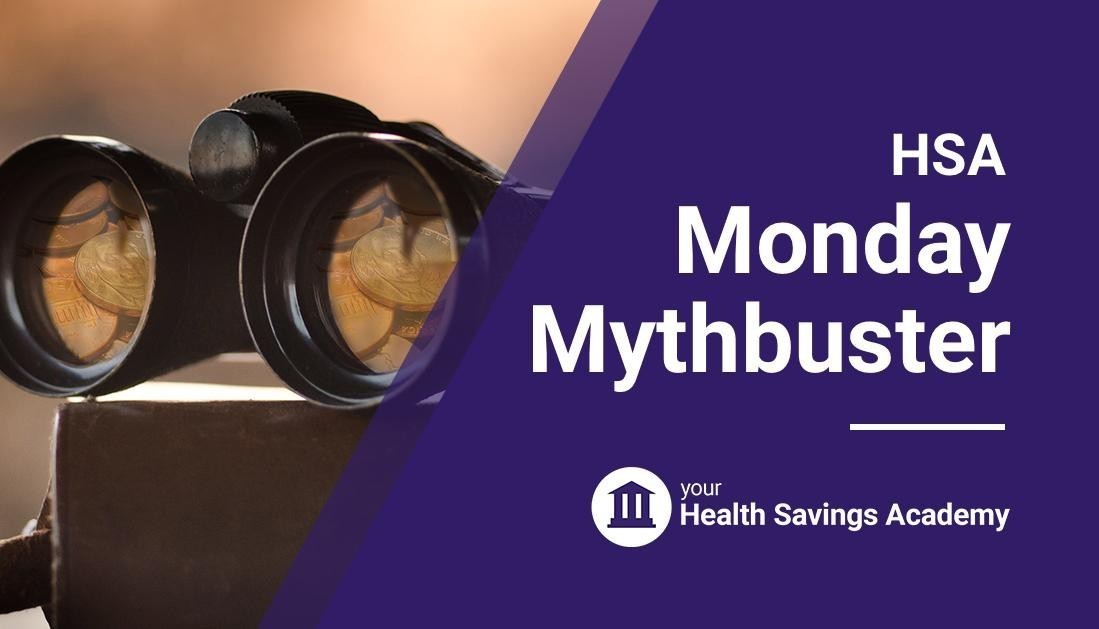
What Happens to Your HSA Balance When You Die?
Former basketball star Otis Birdsong once said there are only three certainties in life: taxes, death, and his jump shot. The first two of those certainties play an important role in the distribution of Health Savings Account assets when the owner dies.
When we say that Health Savings Accounts are a permanent account - in contrast with a Health FSA, which delivers similar immediate tax benefits but is an annual reimbursement plan - we mean permanent. Yes, your account outlives you if you die with a balance.
What happens when you pass away before you've spent your balance? Let's take a look.
Your Account Is a Trust
Health Savings Accounts are a trust. What's important about a trust, whether it's an HSA or a part of your estate plan, is that is doesn't die. The owner may die. The beneficiary may die. But the trust itself doesn't have organs that age or fail, doesn't skydive, and is never otherwise placed in harm's way.
A trust has an owner, usually the person who establishes the trust. And it has a beneficiary - the person who, as the title implies, benefits from the proceeds of the trust. That benefit can occur during or after the owner's lifetime.
The Beneficiary Determines the Disposition
The beneficiary of a Health Savings Account determines the treatment of the account's assets after the death of the owner.
- If the beneficiary is the owner's spouse, the spouse receives the balance tax-free and tax-protected. The balance continues to grow tax-free. And the spouse can make tax-free withdrawals to reimburse her own or her tax dependent's qualified expenses - and even qualified expenses incurred by a future spouse if she remarries.
- If the beneficiary is anyone else - a child or other relative, a friend, a pet, or a charity - the Health Savings Account will dissolve. The balance will pass to the beneficiary, who may incur a tax liability. Because the funds are no longer in a Health Savings Account, the beneficiary can spend them as she wishes without restriction or 20% penalty for non-qualified expenses.
- If the owner didn't have a named beneficiary at the time of her death, the balance reverts to the estate and is distributed according to the owner's estate plan (or by the laws of the state that governs the estate if the owner dies intestate).
Settling Final Expenses
The law allows the deceased account owner's relatives to withdraw funds tax-free up to a year after the death to pay the decedent's qualified medical expenses that weren't reimbursed during her lifetime.
Example: Joely passes away after a long illness. During her final two years, she incurred $12,500 of qualified medical expenses - Medicare Part B and Part D premiums, inpatient deductibles, outpatient coinsurance, and prescription cost-sharing. Her daughter, who managed her finances, paid the expenses from Joely's checking account. Her daughter can reimburse the estate from the Joely's Health Savings Account for those $12,500. This reimbursement isn't included in taxable income, which may lower Joely's final tax bill.
Paying the account owner's final qualified expenses with distributions from the Health Savings Account may preserve balances in the estate that can pass with favorable tax treatment.
The Bottom Line
A key feature of Health Savings Accounts is that the owners sacrifice to fund the account is never lost due to the owner's death. The owner determines how the balance is distributed upon her death. She may be proactive and designate a beneficiary who receives the funds in one or several ways, depending on his relationship to the late owner. She may fail to name a beneficiary, in which case she loses control over which relative or charity receives the account balance. But the funds never expire or disappear.
Note: In this week's Wednesday Wisdom column, we'll discuss a related topic: Are there times when a Health Savings Account owner has accumulated a sufficient balance to fund retirement medical expenses and thus should stop funding her account?
#HSAMondayMythbuster #HSAWednesdayWisdom #HSA #HealthSavingsAccount #TaxPerfect